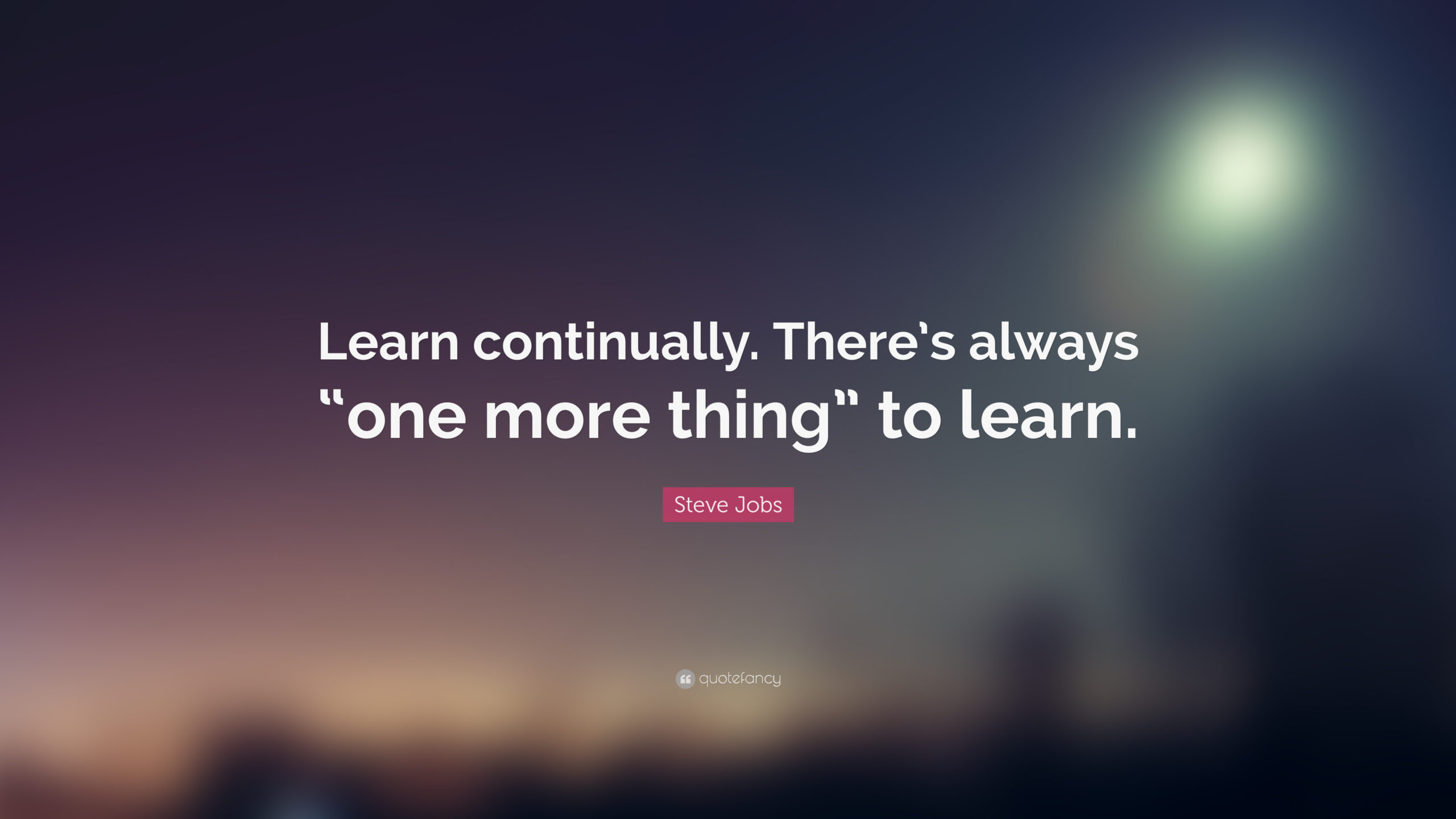The Shift in Investments in Employee Development and Reskilling
January 28, 2020
Many organizations in the US face a continuing challenge in finding workers with the skills they need, and of note is how corporate approaches to development and reskilling employees have shifted in the last few years.
As the economic recovery following the financial crisis of 2007 and 2008, and the ensuing recession, continued into the middle of the last decade, organizations of all types and sizes began to face a tightening labor market. Workers suddenly had more options, the number of unfilled job openings continued to climb, and what had been for several years an “employer’s” market had pretty swiftly and dramatically become a “candidate’s” and employee’s market.
Making things doubly difficult and challenging for many employers during this time as well was the changing nature of work itself, how advanced technologies like AI, robotics, automation, and other tools were impacting jobs, and that often the skills employers were seeking from candidates and current employees were often either non-existent or in extremely short supply. For employers, it has been a kind of Perfect Storm of challenges – too few candidates and employees overall and too few of them with the needed, modern technical skills that had emerged.
Around this time, many large organizations increased investments in what has often been an existing employee benefit program – tuition support or reimbursement for employee continuing education at (usually) accredited and traditional colleges and universities. Employee tuition reimbursement was an available benefit at my first professional job way back in the early 90s as I recall, and many of my colleagues at that time took advantage of the benefit to earn highly discounted or even free advanced degrees. Sure, these folks did pick up new skills and capabilities that in theory made them more valuable employees, but the main goal of the tuition reimbursement benefit was simpler – employee retention. Employees who valued the pursuit of their advanced degrees would be kind of “locked in” to the company while the company was providing this financial benefit. And not to be entirely cynical, the goodwill that was generated between the employer and the employees who took advantage of this benefit was also a retention driver. It was a “win-win” so to speak, even if relatively few employees actually participated and took advantage of the benefit.
Around this time as well the “employees are responsible for their own development” narrative was beginning to really take hold in corporate America. The employer might contribute somewhat towards employee development, but it ceded responsibility for development (and employee long-term employability) to the individual employee.
Fast forward to about 2015 or so and we can see several examples of large, high-profile employers like Starbucks, AT&T, and JetBlue who made pretty substantial commitments and investments into expanding the traditional employee tuition reimbursement schemes. As a quick note, this is still happening today, see Chipotle as another recent example. These employer investments, while all having their own distinct attributes, were all similar in that the goals – provide employees access to higher education at reduced rates, and to serve as a retention and recruiting tool were mostly the same. But then, as it was back in the 90s, it was not always as easy to get substantial numbers of employees to participate, jobs were becoming easy to find, and the full impact of technology and automation making jobs and workers obsolete was only just starting to percolate.
Let’s fast forward one more time, up to 2020. While corporate commitments and investments in traditional employee tuition reimbursements continue, we have seen a shift in how many of the largest organizations are approaching continuing employee development and reskilling. Namely, more organizations are making substantial direct investments in large scale employee development initiatives, some of these in the hundreds of millions of dollars in scale.
Just a few of the more recent announcement in this vein:
Deloitte – Announced plans to spend up to $2B to train 4,000 workers for the most in-demand technical jobs in 2020 and beyond
Amazon – In late 2019 announced a $700M commitment to pilot, launch, and scale training programs to upskill employees across the organization
Nationwide – Announced a five-year, $160M Future of Work investment to reskill and upskill its workforce
And these are just three of many investments in employee development and reskilling that have come out, and likely will continue as long as the labor market remains tight, and the skills shift to meet the demands of the new classes of jobs (and changing needs for existing jobs), continues. It also suggests that the 90s style “go to school on your own time and we will subsidize” approach to employee development is not going to be successful or suitable in this new work environment. Employers are realizing that in order to simultaneously retain and reskill their workforces, that direct and at times significant investments, with very specific goals, are needed. How these kinds of investments work out, and if they deliver for both employers and employees will be one of the most interesting HR and workplace issues of the new decade, and one we will be continuing to write and speak about at H3 HR Advisors and the HR Happy Hour Show.
How we can help
Led by Trish Steed and Steve Boese, H3 HR Advisors harnesses over 40 years of experience to delivery HCM insights and guidance to global organizations.
H3 HR Advisory services
By leveraging technology, analytics, and our deep industry knowledge we can help you to reposition your workforce and ensure that you have the right people with the right capabilities in the right roles to positively impact the growth of your business.
HR Happy Hour Podcast Network
Created in 2009, The HR Happy Hour Show is hosted by Steve Boese and Trish Steed and is the longest continuously running internet radio show and podcast on Human Resources, HR Technology, Talent Practices, Workplace and Leadership topics.
H3 HR Speaking Services
We work closely with every client to customize your content - keynotes, webinars, research, infographics, and buyer’s guides - to inspire, educate and inform the audience enabling you to reset and realign your organization for a talent-led breakthrough.
Get in touch
Talk to us today and find out how we can help you and your organization leverage HCM technology to attract, onboard, retain and manage top talent.




